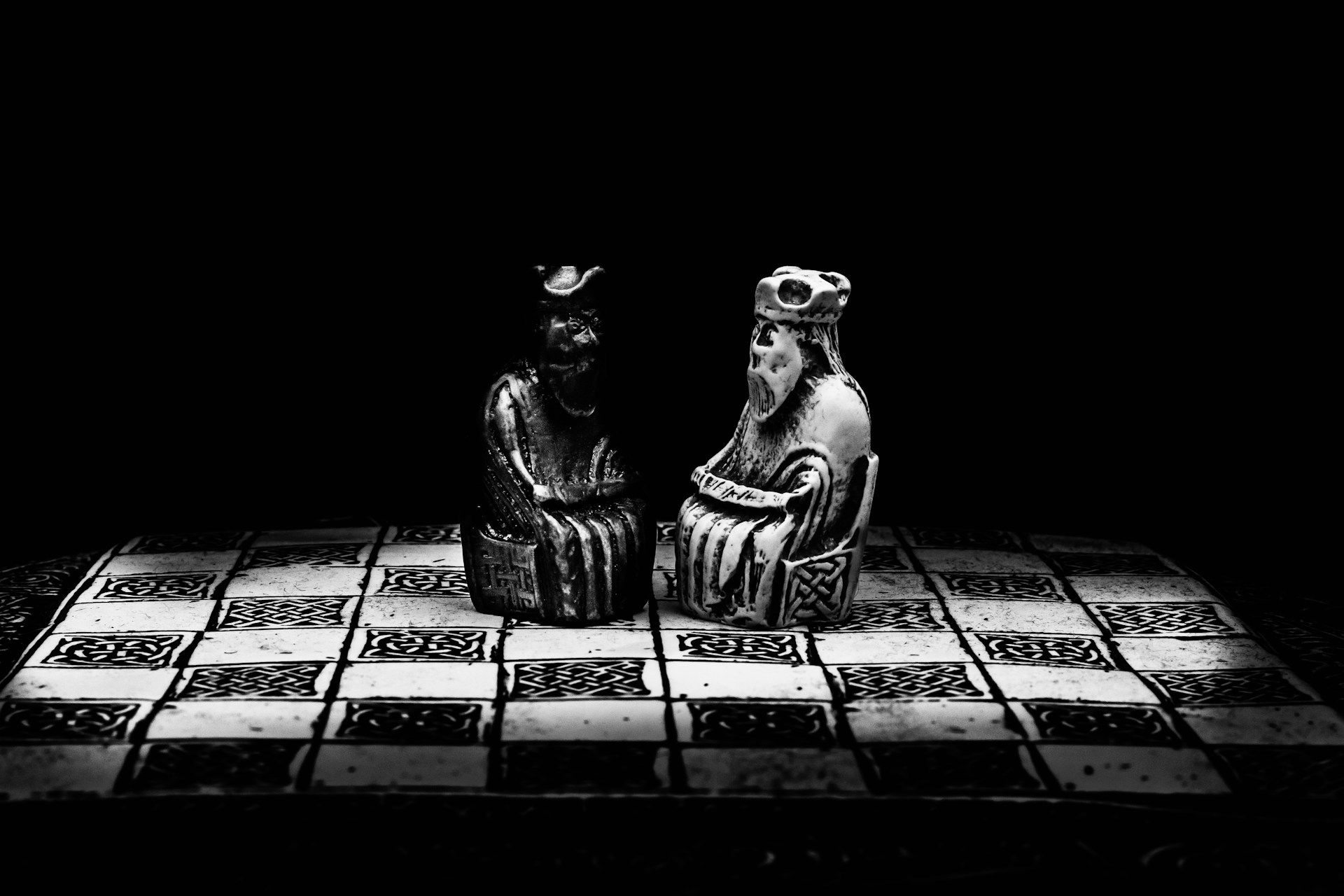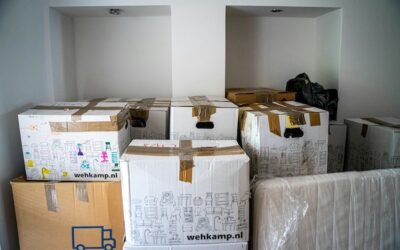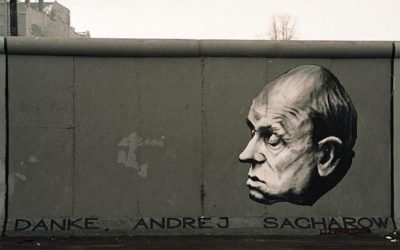Universities as Tools of Power
Irina Busygina
Photo: For university rectors, playing by the rules does not entail uncovering the “great big real world” for students, but rather reducing the world to a vulgar version of the patriotic narrative. Photo by Borja Verbena on Unsplash
“Special Institutions”
Over the past three and a half years, the war against Ukraine has crept into all spheres of Russian life, leading to serious changes in state policy, including in relation to universities.
Before the war, Russian universities could hardly have been considered bastions of academic freedom and critical thought. Even the Higher School of Economics was rapidly losing its reputation as the most liberal national university.
Nonetheless, it would have been reasonable to expect that in changing their approach to universities during wartime, the authorities would, one way or another, have taken into account the specificity of universities as special institutions—fragile and complex systems where knowledge is not only transmitted, but also produced.
However, this did not happen. Not only did the Russian government not adapt its approach to these “special institutions,” but on the contrary, it rather unceremoniously integrated the war into universities as if they were any other state institution, completely ignoring their specificities.
The Regional Approach to Universities
It is astounding how greatly—down to the finest details—the government’s approach to universities resembles its approach to the regions, even though the two are completely different. It would seem absurd even to think of comparing them. But no, such a comparison makes sense in Russian realities.
Like regional governors, the Kremlin has made university rectors personally responsible for the political situation and its dynamics. Just as governors are responsible for their regions, so too are rectors responsible for their universities.
It was the rectors themselves who first expressed their loyalty to the Kremlin, making a well-known address to their colleagues in early March 2022:
In these times, it is vital that we support our country, our army, which defends our security, and support our President, who has made what was perhaps the most difficult decision of his life, but a hard-won and necessary one.
Since then, the “patriotic agenda” of regions and universities alike has continuously expanded, becoming the main signal to the top brass of their unwavering loyalty and understanding of the “current moment.”
Strategy Sessions for Rectors
Like governors, rectors must be educated and trained for the current political atmosphere, brought to understand the priorities of the government and the location of those “red lines” that, if crossed, will lead to major problems. To this end, the Presidential Administration periodically gathers regional officials in Moscow, while the Ministry of Education and Science (often together with the Administration) holds strategy sessions for university rectors.
In 2023, during one of these sessions, the head of the Russian Ministry of Education and Science, Valery Falkov, emphasized that the moral instructional mission of the university is no less important than its educational or scientific mission. He even referenced José Ortega y Gasset’s famous text The Mission of the University. According to Falkov, Ortega y Gasset “said that it is impossible to educate a student without imparting a moral education as well. He simply expressed it in other words: the task of the university is to raise the one who entered the university to the level of the ideas of his time. That is, to form not only professional knowledge, but also a clear moral picture.”
This is the most shameless distortion, since Ortega y Gasset expressed a completely different idea “in other words” (hence the “other words”). Ortega y Gasset wrote that the central task of the university is to introduce a person to the fullness of the culture of their era, and thereby open their eyes to the great big real world before them. To uncover the world for them, not to trim them down to size in accordance with the wretched moral and patriotic patterns invented by the Presidential Administration and the Ministry of Education and Science.
Control from the Top Down and On Location
Like regional governors, university rectors are controlled not only from Moscow, but also by presidential envoys in federal districts. Nor do these representatives hold back when expressing their ideas regarding the meaning of higher education.
According to Yuri Trutnev, the Presidential Plenipotentiary Representative in the Far Eastern Federal District, “…a patriotic, civil education is no less important than other forms of education. There is currently no education for the benefit of a grateful humanity, just as there is no grateful humanity itself.”
Therefore, the central task of university administrations is to open patriotic student clubs and associations in all universities, without exception.
In addition, rectors and teachers must demonstrate patriotism by leading by their own example.
I would like to point out that, after transferring control over governors and rectors to the Presidential Administration, the Ministry of Education and Science and the plenipotentiary representatives, Putin has not indulged any of them with personal meetings. As a rule, current governors are granted a personal meeting only upon receiving Putin’s blessing to participate in the elections (in fact, this meeting is their key to success in the elections). And he simply does not meet with “ordinary” rectors. The only exception is the extraordinary Viktor Sadovnichy, the rector of Moscow State University.
New Monitors
However, even if “properly educated,” neither the regional governors nor university rectors can have single-handed, all-encompassing control over the growth or adequacy of the “patriotic agenda.” Therefore, institutional changes were required within the regional and university administrations, namely the introduction of managerial positions to conduct day-to-day operations.
The Presidential Administration helps the regions introduce such positions, and the Ministry of Education and Science helps the universities introduce them. New positions have begun to appear in the regions—deputy ministers of education for patriotic work.
In May 2022, Deputy Minister of Education and Science Petr Kucherenko stated:
Following our persistent recommendations, the position of vice-rector for educational work is being introduced in all universities. […] Moreover, all vice-rectors who are appointed will undergo a comprehensive assessment of their qualifications and compliance with current requirements.
Kucherenko explained the need for the new position by saying that students should develop not only as specialists, but also as full-fledged citizens of Russian society.
In conditions where the “patriotic agenda” is promptly controlled by the vice-rectors for educational work, the rector is left with ceremonial events and meetings with the “patriotic bloc” (a new expression denoting the conglomeration of patriotic structures within the university).
Not Victims but Stakeholders
Do not think, however, that governors and rectors in Putin’s system are passive victims of centralized control. Quite the opposite: both are stakeholders of the system, with a vital interest in preserving it.
Thus, governors implement the “patriotic agenda” not under duress, but with enthusiasm and imagination. Rectors do the same, for instance by creating new “wartime” scientific and educational structures.
In early 2024, the Institute of World Military Economy and Strategy was created at the Faculty of World Economy and World Politics of the National Research University Higher School of Economics, with retired Admiral Sergei Avakyants as its director. MGIMO, together with the Almaz-Antey Defense Corporation, created the Center for Military-Political Research.
* * *
It is truly astonishing how unceremonious and instrumental the approach of the Russian authorities to universities has been. Hence the comparison with the regions, to which the approach is essentially the same.
I am not naive and have long understood that for the authorities, there is no sign on our universities that says, “Caution, fragile! Do not shake!” Indeed, they shake, toss around, and turn them upside down. A few general phrases about morality, education, and patriotism and distorted quotes from Ortega y Gasset are justification enough.
The horror lies in the fact that the authorities’ calculations are correct. In principle, they could have done without these ritual games—the rectors would still have eaten it up.
Putin’s system is set up in such a way that both governors and rectors remain comfortable as long as they follow the rules. For university rectors, playing by the rules does not entail uncovering the “great big real world” for students, but rather reducing the world to a vulgar version of the patriotic narrative.





0 Comments